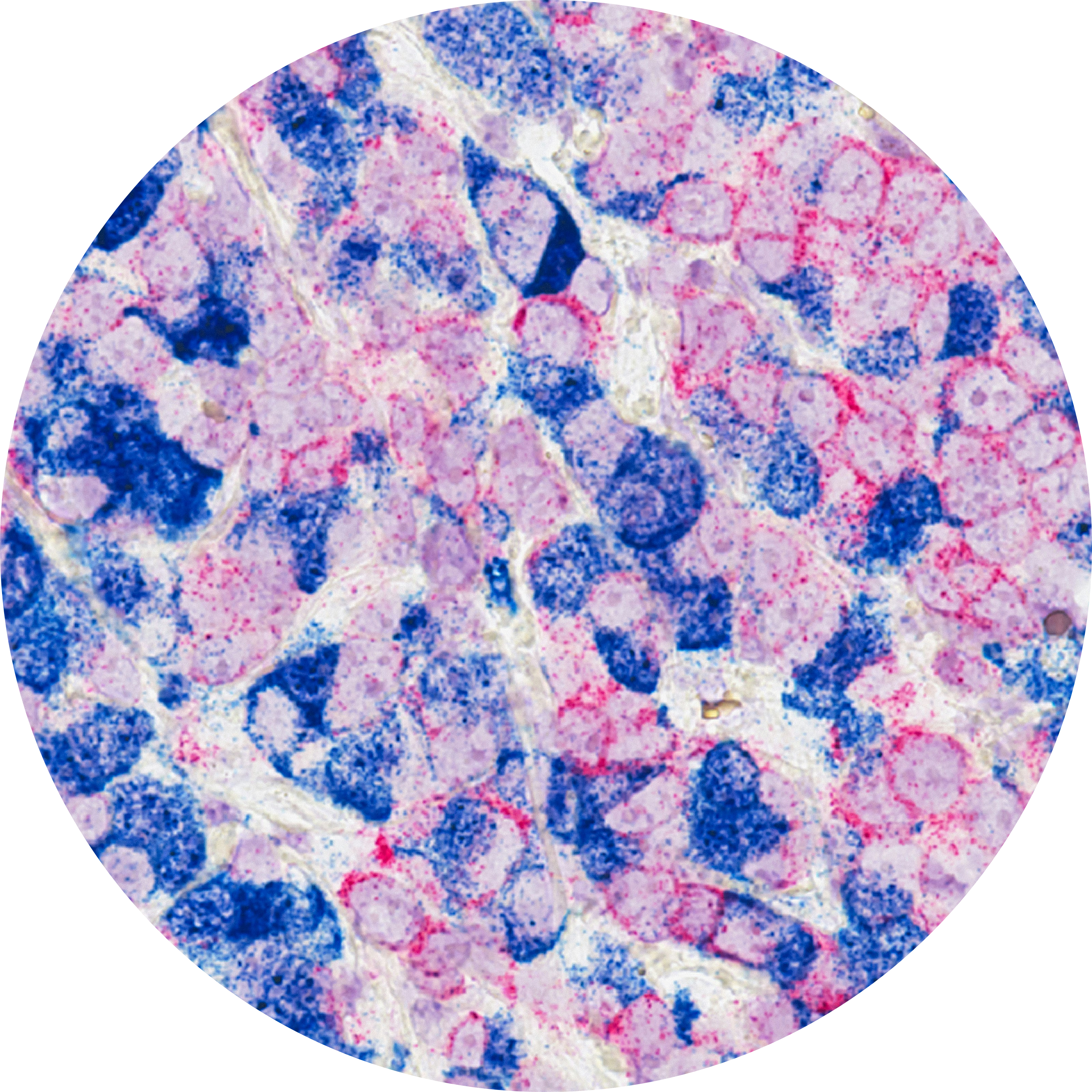Cervical Cancer Screening


Cervical Cancer Screening
Cervical Cancer and the Role of AI in Prevention
Cervical cancer is a major public health concern, primarily caused by persistent infection with high-risk strains of the human papillomavirus (HPV). It is one of the most preventable cancers due to the availability of effective screening programs and HPV vaccinations. Early detection through regular screening methods, such as Pap smears and HPV testing, plays a critical role in identifying pre-cancerous or cancerous changes in cervical cells. However, traditional screening methods can be subjective and prone to human error, leading to missed diagnoses or unnecessary follow-up procedures. Ensuring accuracy and efficiency in cervical cancer screening is essential to reducing morbidity and mortality rates.
Artificial Intelligence (AI) is transforming cervical cancer screening by enhancing diagnostic accuracy, reducing workload for healthcare professionals, and improving early detection. AI-powered screening tools, like those developed by Wiseyak, utilize advanced image analysis techniques to objectively examine every cell in a digital image. By applying machine learning algorithms, AI can intelligently identify clinically relevant abnormalities, reducing the risk of human error and ensuring that high-risk cases receive timely intervention. Additionally, AI systems can process large volumes of screening images at a much faster rate than human experts, making screening more efficient and accessible, especially in regions with limited healthcare resources.
Beyond screening, AI-driven predictive analytics can assess a patient’s risk factors for cervical cancer, providing personalized recommendations for follow-up care. AI can also assist in automating pathology workflows, ensuring that only the most relevant cases are escalated for expert review. By integrating AI into cervical cancer prevention programs, healthcare providers can improve early detection, enhance screening efficiency, and ultimately reduce the global burden of cervical cancer.
